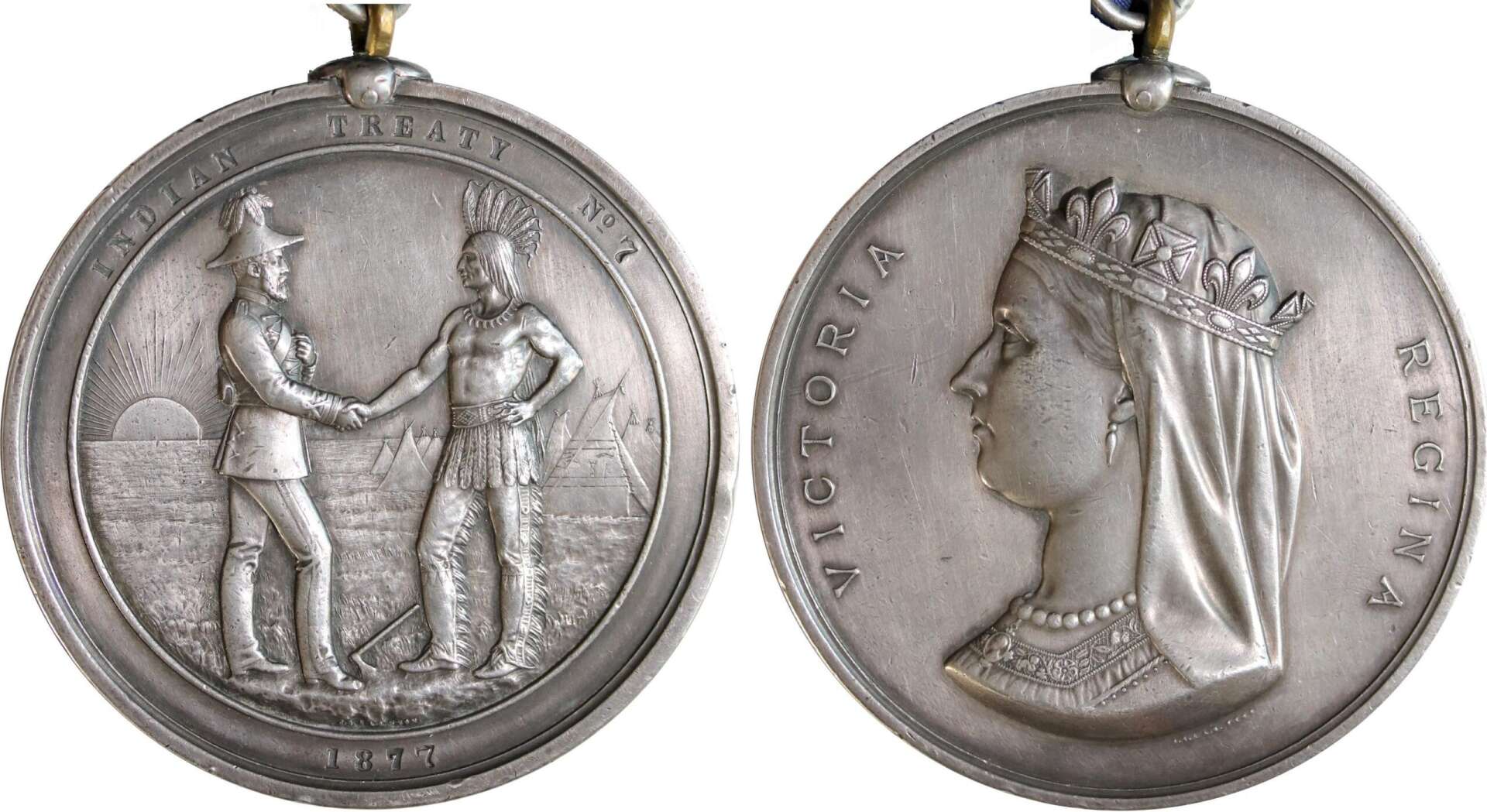By inviting King Charles to deliver the throne speech at the opening of parliament this week, Prime Minister Carney has unintentionally created an opportunity to reset the relationship between the Crown and Treaty First Nations.
As I explain in my new book, the courts have gradually driven a wedge between Treaty First Nations and the Crown as represented by the Queen or King.
Over the objections of Treaty First Nations, the courts (both in England and in Canada) have adopted the view that Canada has stepped into the monarch's shoes as treaty partner. Treaty First Nations have held fast to their position that their treaty partner is the Queen or King.
With King Charles, as King of Canada, delivering the throne speech on behalf of his government, it is untenable for the courts to maintain their position that the King no longer plays a central, overarching role in the Canadian constitutional relationship. If that role includes presiding over the opening of parliament, it must also include presiding over the agreements at the very basis of Canada as a country—the treaties between First Nations and the Crown.

 | Dr. Bruce McIvor, lawyer and historian, is senior partner at First Peoples Law LLP. He is also an Adjunct Professor at the University of British Columbia’s Allard School of Law where he teaches the constitutional law of Aboriginal and Treaty rights. He is the author of two books on Indigenous rights: Indigenous Rights in One Minute: What You Need to Know to Talk Reconciliation (2025) and Standoff: Why Reconciliation Fails Indigenous People and How to Fix It (2021). He is a member of the Manitoba Métis Federation. |
First Peoples Law is a law firm dedicated to defending and advancing the rights of Indigenous Peoples in Canada. We work closely with First Nations to defend their Aboriginal title, rights and Treaty rights, uphold their Indigenous laws and governance and ensure economic prosperity for their members.
Sign up for our First Peoples Law Report for your latest news on Indigenous rights
